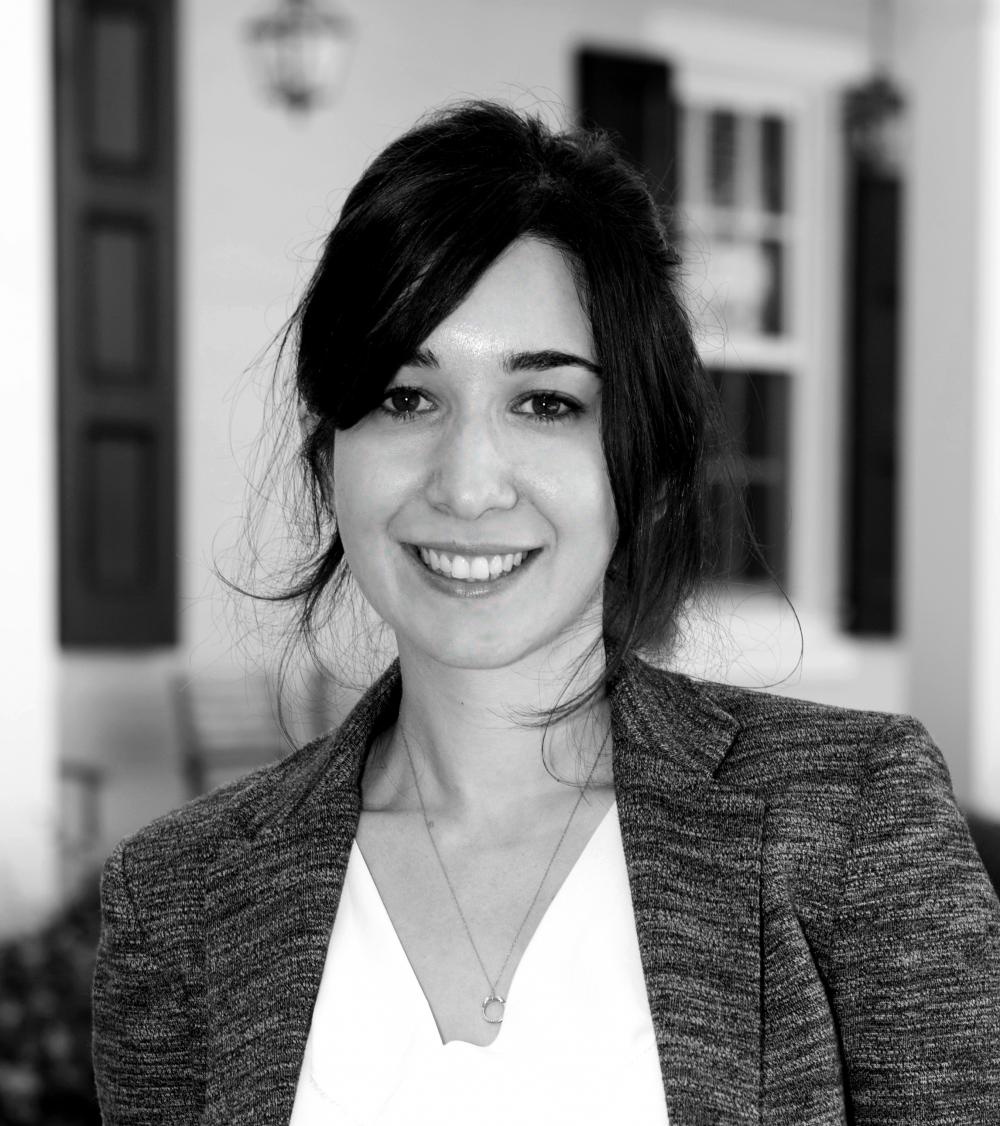New Appointment: Mira Siegelberg

Mira Siegelberg
I joined the Faculty of History in 2019 as a lecturer in the history of international political thought. I’ve always been fascinated by how ideas and expectations about interstate order emerge, and how these expectations have in turn shaped global politics. My research focuses on the history of the normative and legal frameworks that define modern international order. Before coming to Cambridge, I completed a PhD in International History at Harvard University, and spent two years at the Princeton Society of Fellows, followed by three years teaching law and history at Queen Mary, University of London.
My first book, Statelessness: A Modern History, is a study of the concept of statelessness—a category that came to define the absence of national status following the First World War— and the origins of the regimes of law and rights that segment people as citizens of states and as subjects of particular international legal regimes of protection and oversight. One of the main goals of this research has been to understand the establishment of shared conceptions of citizenship and non-citizenship in the decades following the Second World War. The book looks at how the problem of statelessness informed theories of rights, sovereignty, international legal order, and cosmopolitan justice, theories developed when the conceptual and political contours of the modern interstate order were being worked out. I have been especially interested in the jurists, political thinkers, and international civil servants—particularly those from the Habsburg and Russian empires— who confronted the consequences of imperial dissolution in the twentieth century and produced the pivotal theoretical and legal sources on statelessness and international law.
The project draws together a study of the systematic and critical reflection on political and legal concepts such as the state, statelessness, and law with a range of archival sources. This approach has allowed me to comprehend the origins of the laws and institutions that govern the relationship between states and their nationals, and the role of ideas, arguments, and ideological justification in their formation. I became particularly concerned in the course of my research with how debates about legal theory—especially debates over what it means to be a person in the eyes of the law—provided a critical backdrop for the establishment of a global norm of citizenship in the mid twentieth century. One of the larger implications of this story is that the intellectual history of legal thought and international law is pivotal for comprehending the postwar international political settlement.
My new projects seek to reconsider the range of actors, institutions, and discourses involved in the conceptual formation of modern international and political order. I’m currently working on an intellectual history of the relationship between corporate persons and natural persons in legal and moral thought from the period of high corporate capitalism in the late nineteenth century through the present day. A second project examines how the mass movement of people in search of safety and economic security in the late nineteenth century spurred new ideas and institutions about how to regulate migration within and across borders.
